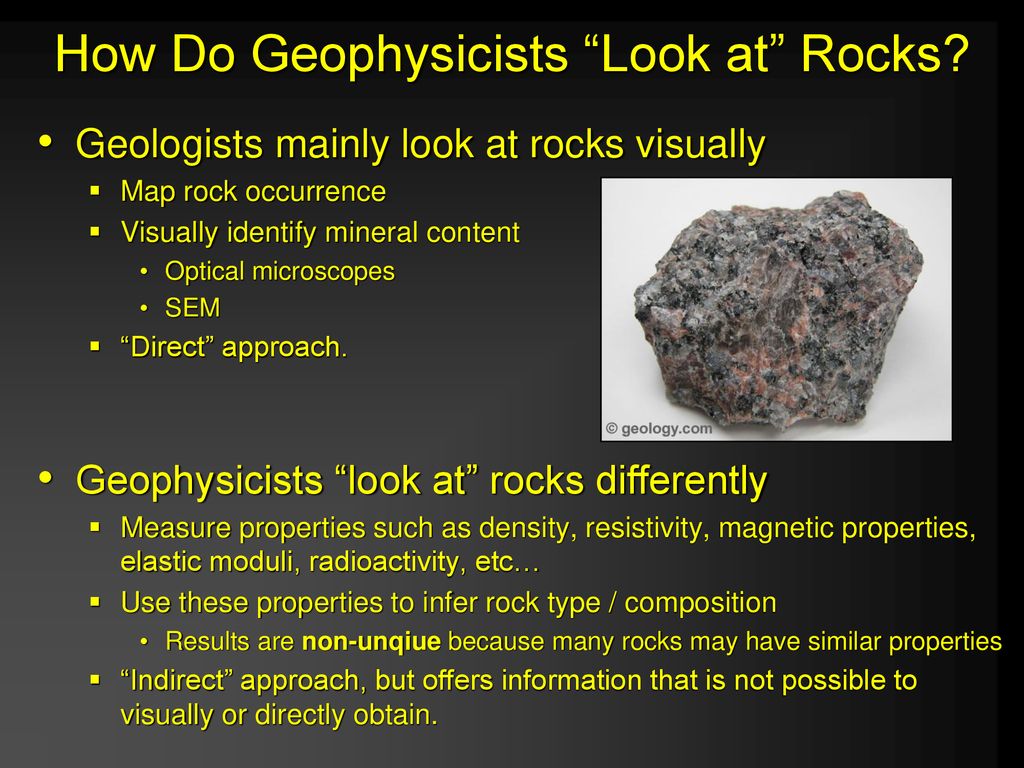All Categories
Featured
Table of Contents
How To Become A Geophysicist in Woodbridge Aus 2021
This work is progressively contracted out, so consultancies supply another source of work. Consultancy firms vary in size, from extremely small companies to big multinationals. Some consultancies are quite specialised in using specific geophysical methods or operating in specific areas, while others offer a more varied variety of services to their consumers.
The extraction of gas from garbage dump websites is another location of employment and this might grow in the future. Expedition companies may carry out work for building companies, public utility, mining business and ecological firms, so geophysicists may be used in any of these settings. Other companies include: geological surveysgovernment bodies and agenciesuniversities and research study institutes.


Vacancies might be listed in the oil and gas sector press. Recruitment is affected by oil cost fluctuations and the level of competitors for positions differs depending on this. Professions Days, which cover the full variety of geoscience careers and are generally participated in by a number of essential market companies, are run by The Geological Society.
Geophysics, Engineering Geophysics And Applied ... in Coolbellup Australia 2023
A few of the large oil and gas companies provide a full two-year structured training programme throughout the breadth of geophysics, consisting of the opportunity to experience work in numerous groups before specialising in one location. Your training might include deal with: existing wellsmagnetic and gravitational prospective field data analysisresearchrock analysis. It's more normal for your preliminary training to be offered on the task.

There may be a probationary duration during which you work along with a knowledgeable coworker. Competency-based appraisals happen routinely in the majority of firms. In smaller sized firms, and for scholastic posts, there is unlikely to be any formal training - you'll be anticipated to begin work straightaway and pick up abilities as you go along.
If you work for a smaller sized business, you might find that you need to take duty for organizing and moneying your own advancement and training. If you have a geology degree, membership of The Geological Society can be beneficial for networking and for keeping up to date with the industry.
Geophysical Survey Methods in Bayswater Australia 2021
You might also discover it beneficial to sign up with the PESGB (The Petroleum Exploration Society of Great Britain, which has a geophysics unique interest group. After a probationary duration, and as soon as you've gained some experience, you might advance to senior geophysicist, then team leader and then into a senior function in management.
The ease of motion between roles depends on the company structure. Research study at Masters or Ph, D level in a subject associated to geophysics or geosciences may assist with your career advancement and development. The work market within the oil and gas market is very depending on cost and this may impact your chances for career development.
Not all jobs are reliant on the oil and gas industries. For experienced geophysicists, freelance consultancy offers a good route for profession development. You can also specialise in a particular area of geophysics. As a geophysicist, you're most likely to have several tasks throughout your working life. Global movement is important for dealing with peaks and troughs in various nations at various times.
Introducing Geophysical Surveying in South Fremantle Aus 2023
From geophysics, it's possible to focus on seismology (completing more training to end up being a seismic interpreter) or to move into related areas such as engineering geology or hazard forecast.
Choosing what to study in college is a tough option. Even if you know that your field of interest lies in science, what program of research study is right for you?
The first step to achieving your goal of ending up being a geophysicist is making a degree. Even for entry-level positions in the field of geoscience, you'll require a bachelor's degree (a geophysicist college degree) from a recognized college or university. Some research study positions need prospects to hold master's degrees or even Ph.
Geophysicists: Salary, Career Path, Job Outlook, Education ... in Queens Park WA 2022
Doctoral degrees are especially crucial if you prepare to teach at a four-year institution. Geophysicists use physics concepts and techniques to study the gravitational, magnetic, and electric fields of the earth. This furthers scientists' knowledge of both the world's interior core and its surface. Geophysicists need to be able to: evaluate rocks, pictures, and other pieces of data carry out research both in the field and in labs develop maps and charts of their findings compose reports To accomplish all this, trainees require a specialized education for geophysicist careers.
As mentioned above, you'll require a bachelor's degree in geoscience or an associated discipline, such as a physical science or a life sciences, to land an entry-level task. Students can also prepare by majoring in subjects like: Biology Chemistry Computer system science Engineering Mathematics Physics The above geophysicist majors use a more generalized method to a single clinical discipline, however many programs need trainees to take one or more geology course.
Latest Posts
What Is Geophysics And What Do Geophysicists Do? in Sinagra Australia 2023
Geophysics in Beckenham Western Australia 2022
Geophysical Survey - An Overview in West Perth Oz 2020